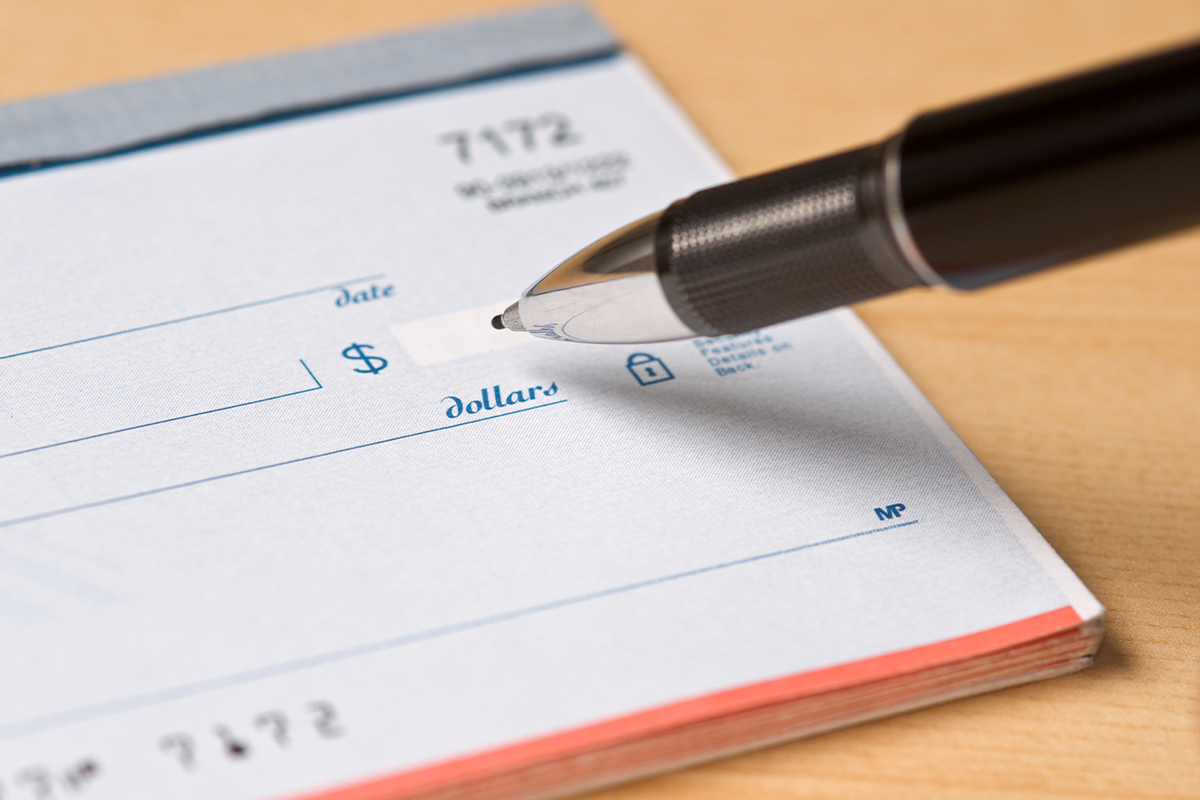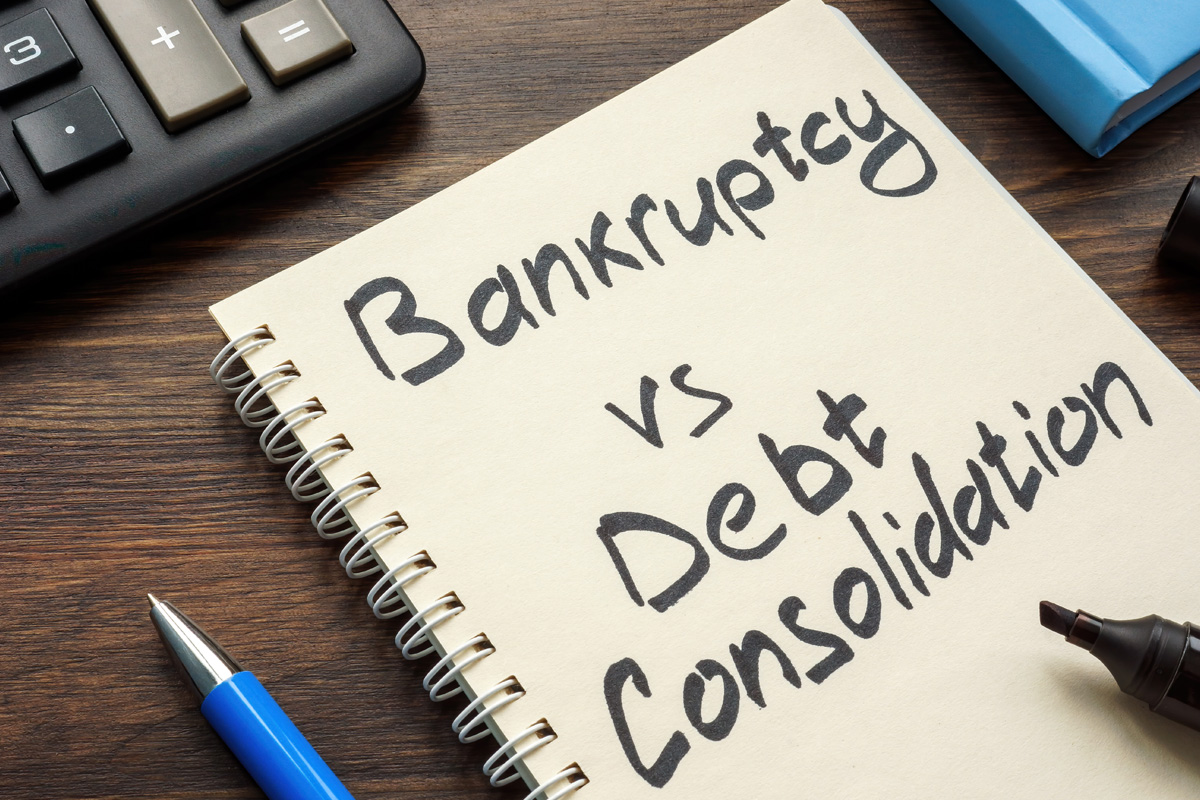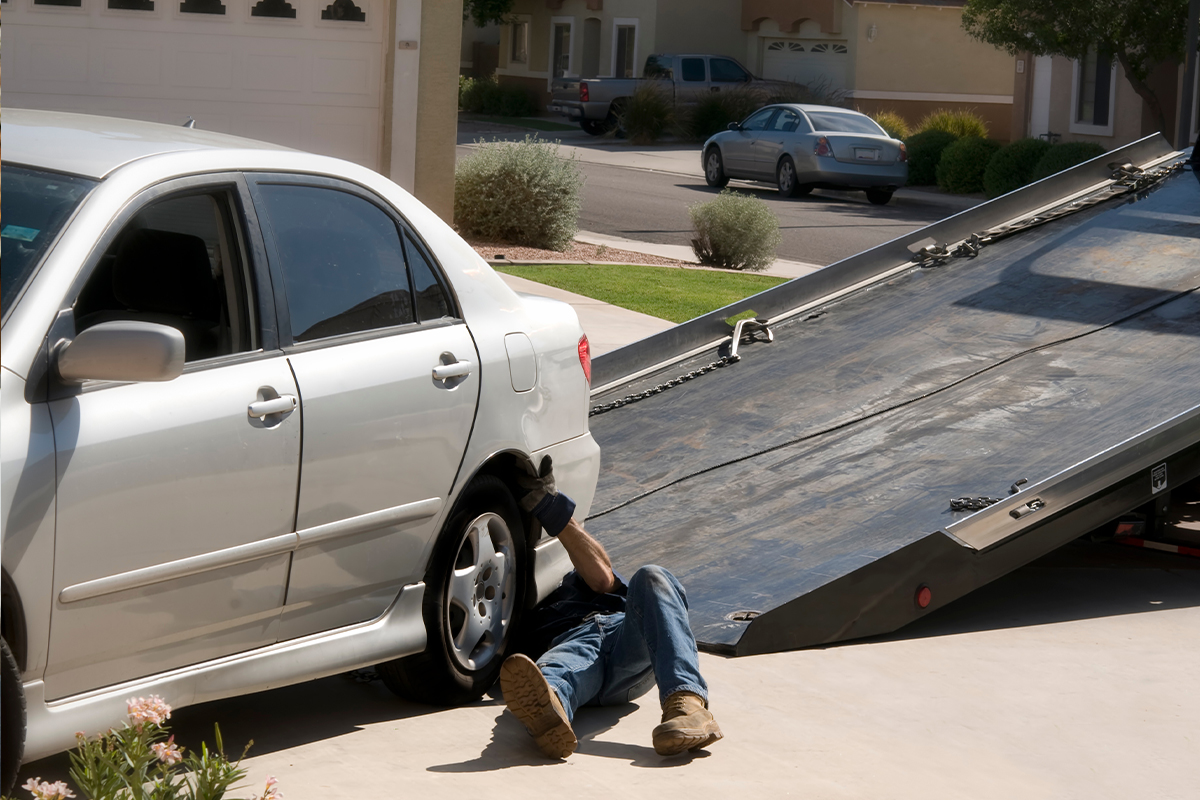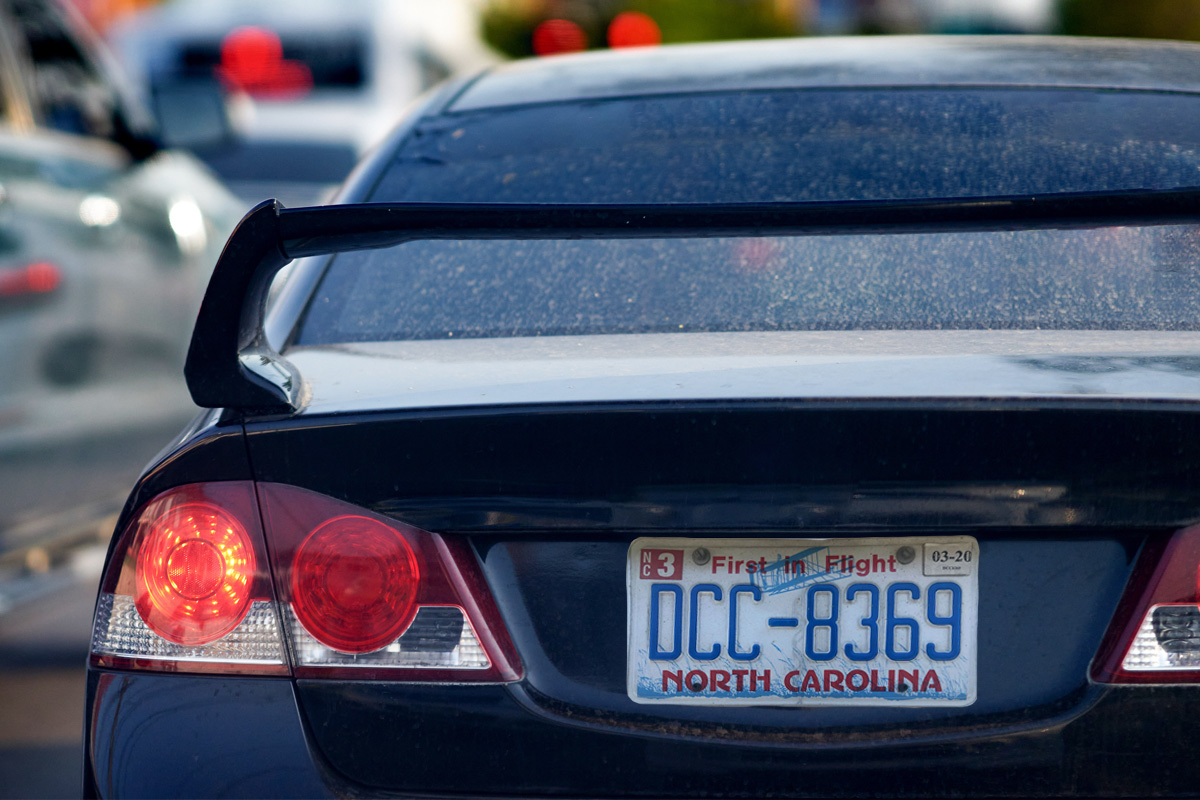You came to North Carolina, maybe for college, maybe to visit, or maybe you’re just passing through, and were driving too fast. Now, you have a speeding ticket. But North Carolina isn’t your home state. Now what?
Each state has different Department of Motor Vehicle and Department of Insurance rules and regulations. If you don’t follow them, odds are you’ll be pulled over; even if you were unaware that you were doing anything wrong. It’s worth mentioning that North Carolina is considered one of the harsher states when it comes to traffic law.
Most US states (45 out of 50) are a part of something called a Driver’s License Compact (DLC), which allows them to share speeding ticket and traffic citations between each other. North Carolina is a part of the DLC, so if you get a ticket or a citation, the chances of it being placed on your driving record are high. Tickets and citations on your record can lead to points on your license (see our blog, Points on your License and How it Works for more information on license points), higher insurance rates, and even driving courses.
There are only 5 states that are not a part of the DLC:
- Georgia
- Massachusetts
- Michigan
- Tennessee
- Wisconsin
If you live in one of these states, then North Carolina cannot share information about tickets and citations with them.
If your home state isn’t a part of the DLC, that doesn’t mean you’re off the hook. North Carolina can still revoke state driving privileges. One of the reasons North Carolina is considered harsh in its traffic laws is how easy it is to plead into a criminal conviction or a license suspension. Speeding over 80 mph (even if you are in a 70 mph speed zone) results in an immediate suspension of NC driving privileges and a criminal conviction. Going 15 mph over the speed limit will result in the same.
If you do get a ticket or summoned to court, it would be ill-advised to skip it. Skipping traffic court in North Carolina leads to the issuing of a Failure to Appear and depending on the severity, an Order for Arrest. A Failure to Appear can lead to the suspension of your driving privileges in North Carolina, and per the NDR, the suspension of your license in your home state.
That’s right, whether your home state is a part of the DLC or not, for more severe traffic or traffic court violations, you can still face consequences in your home state. The NDR is the National Driver Register, which all states are a member of. The NDR keeps records of state suspensions and severe traffic violations, like driving under the influence. If you fail to pay a North Carolina ticket, skip traffic court, or end up with a suspension to drive in the state of North Carolina, your name will go on the NDR, and your home state will see it. Then, the consequences will be determined by them.
While it may be tempting to do everything on your own, it’s best to consult an experienced traffic attorney to help you with any and all traffic violations and citations you receive – especially if you’re out of state. Leslie Craft is here to help! Give Craft Law Offices a call at 252-752-0297 or visit craftlawoffice.com to schedule your free consultation today!












